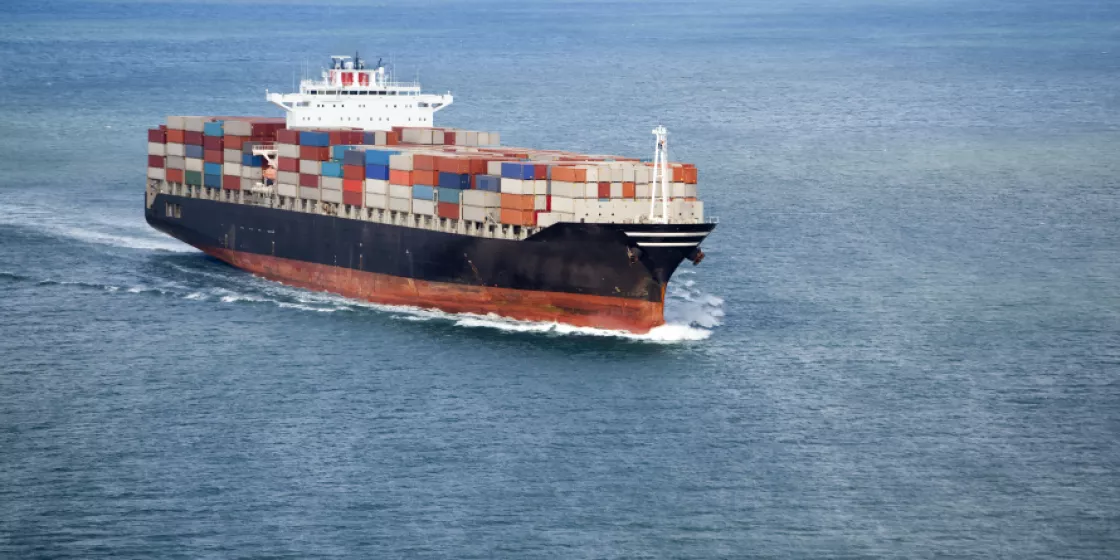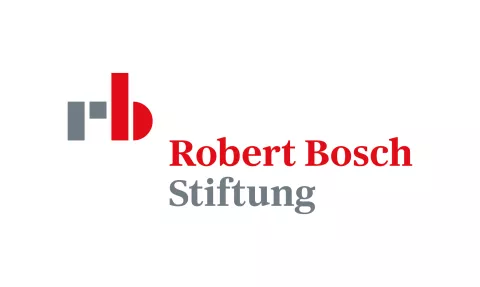European trade and investment agreements contribute to the destruction of ecosystems and fuel the climate crisis, by increasing demand for forest-risk commodities and putting small-scale farmers into global competition. The European Union (EU) has committed itself to realign its trade agreements with the European Green Deal and the UN Sustainable Development Goals (SDGs) to respond to the challenges of climate change, biodiversity loss and environmental degradation.
The trade agreement between the EU and the Mercosur countries, which was negotiated for 20 years, has not yet been ratified by the EU member states. The EU-Mercosur agreement includes several commitments related to sustainable development, but it would further increase trade with climate damaging goods and forest-risk commodities. The negotiated agreement does also not include legally-binding instruments to ensure sustainable trade. Therefore, it is predicted to negatively impact human-rights and biodiversity in the Mercosur region.



